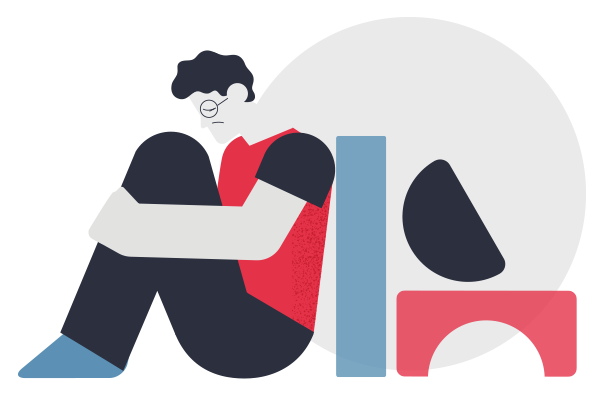Adolescent psychotherapy and young adults

Adolescent psychotherapy and young adults
growth and psychological development, and increase the ability of a young person to solve his/her own problems. The aim is to help adolescents to overcome obstacles to the development of their personality.
Good development is manifested when a young person shows a greater ability to regulate her emotions, to control her behaviour better, and to develop satisfactory friendship and romantic relationships. She also improves study and work skills, as well as the ability to pursue other goals in life. In addition, she will be better able to take responsibility for her own actions, thoughts and feelings.
During psychotherapy, an adolescent faces her discomfort, difficulties and personal conflicts. The therapist’s job is to try to understand the young person and build a trusting relationship with her, so that she can freely express her thoughts, imagination, and feelings. It is essential that all kinds of emotions that arise in the interaction with the therapist are expressed and understood.

Do you want an appointment?
+34 660 292 424
You can call us or write us an email We'll be happy to hear from you!
Do you prefer that we call you?
Do you want an appointment?
+34 660 292 424
You can call us or write an email. We'll be happy to hear from you!
Do you prefer that we call you?
In therapy, the young person is helped to find and define goals that are important and meaningful to her. Attention focuses on dealing with the young person’s difficult life issues. For example, teens and young adults may have the following concerns:

Issues related to independence and identity.
Self-esteem and underestimation of one’s abilities.
Depression and anxiety.
Elaboration and management of emotions.
Bullying and other difficult experiences in school.
Loneliness and difficulties with friendships
Reflections on one’s place in life and the future
Processing one’s values and life choices
Stress in educational tasks or problems in study planning


Interpersonal problems.
Sexuality.
Postpartum depression.
Parenting skills when a baby is born.
Substance abuse or gambling addiction, whether they are one’s own or those of a loved one.
Mental health problems of his/her own or those of a loved one.
Sexual abuse.
Serious illness or death of a loved one.
Traumatic experiences.




Mental health problems of his/her own or those of a loved one.
Sexual abuse.
Serious illness or death of a loved one.
Traumatic experiences.
Open Consultation
An open space where you can ask any questions related to your personal concerns, difficulties, symptoms, with the upbringing of your children or your expectations as a mother or father.